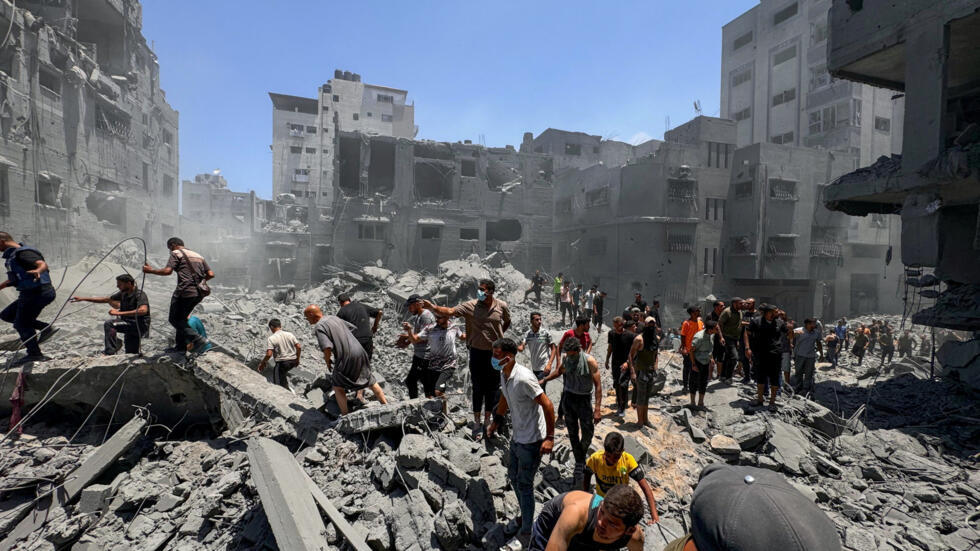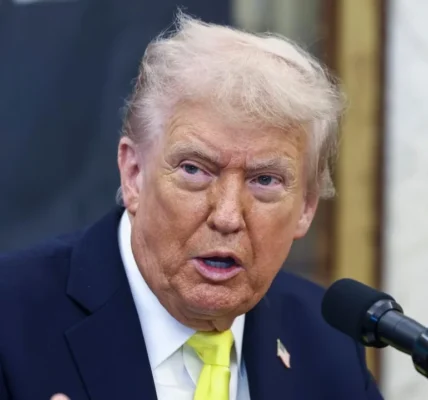Critical Moment in West Asia: Iran Threatens Retaliation Against Israeli Attacks Amid U.S. Election Concerns
Amid escalating tensions in West Asia, Iran has issued strong warnings of a retaliatory strike following Israel’s October 26 airstrikes. This crisis unfolds amid complex regional dynamics, intensified by the upcoming U.S. presidential election, which could impact the outcome.
Iran Signals Readiness for Strong Response
Iran’s Supreme Leader and President Masoud have both confirmed that Iran is prepared to respond forcefully to any perceived aggression. The Iranian Revolutionary Guard has suggested that more powerful weapons and previously unhit targets may be on the table as part of Iran’s response strategy.
Iranian officials have emphasized the importance of utilizing all national resources against what they label “Zionist aggression.” Among potential strategies, Iran is considering extending its ballistic missile range, potentially shifting its defensive strategy in response to growing hostilities with Israel.
Rising Threat of Conflict After Israeli Airstrikes
The October 26 airstrikes by Israel impacted key Iranian air defenses, exposing critical assets. While Israel has yet to target major Iranian oil and nuclear sites, this could change if Iran takes significant retaliatory steps. At the same time, the U.S. has strengthened its military presence in the region, deploying B-52 bombers, tankers, and Navy destroyers, while the Abraham Lincoln Carrier Strike Group prepares to leave the region.
Calculations Around U.S. Election Timing
Iran’s actions appear closely tied to the timing of the U.S. presidential election, with Tehran considering how its response could affect U.S. political dynamics. Iran might temper its approach if conflicts escalate in Gaza and Lebanon, leaving room for potential de-escalation. However, the potential for a larger confrontation remains, as regional actors brace for a critical moment in the face of a volatile landscape.
As tensions peak, the world watches West Asia closely, where regional power plays, alliances, and rivalries are likely to influence global stability.






